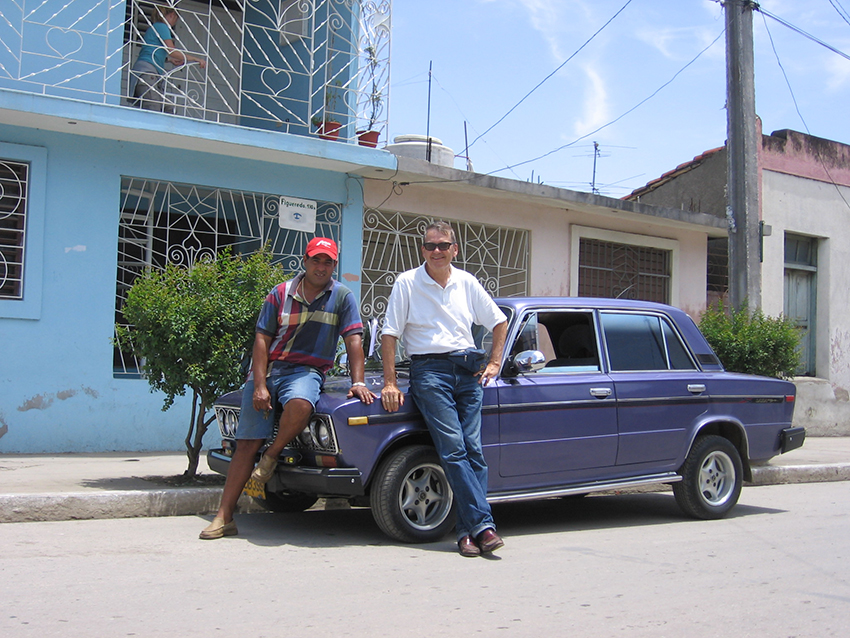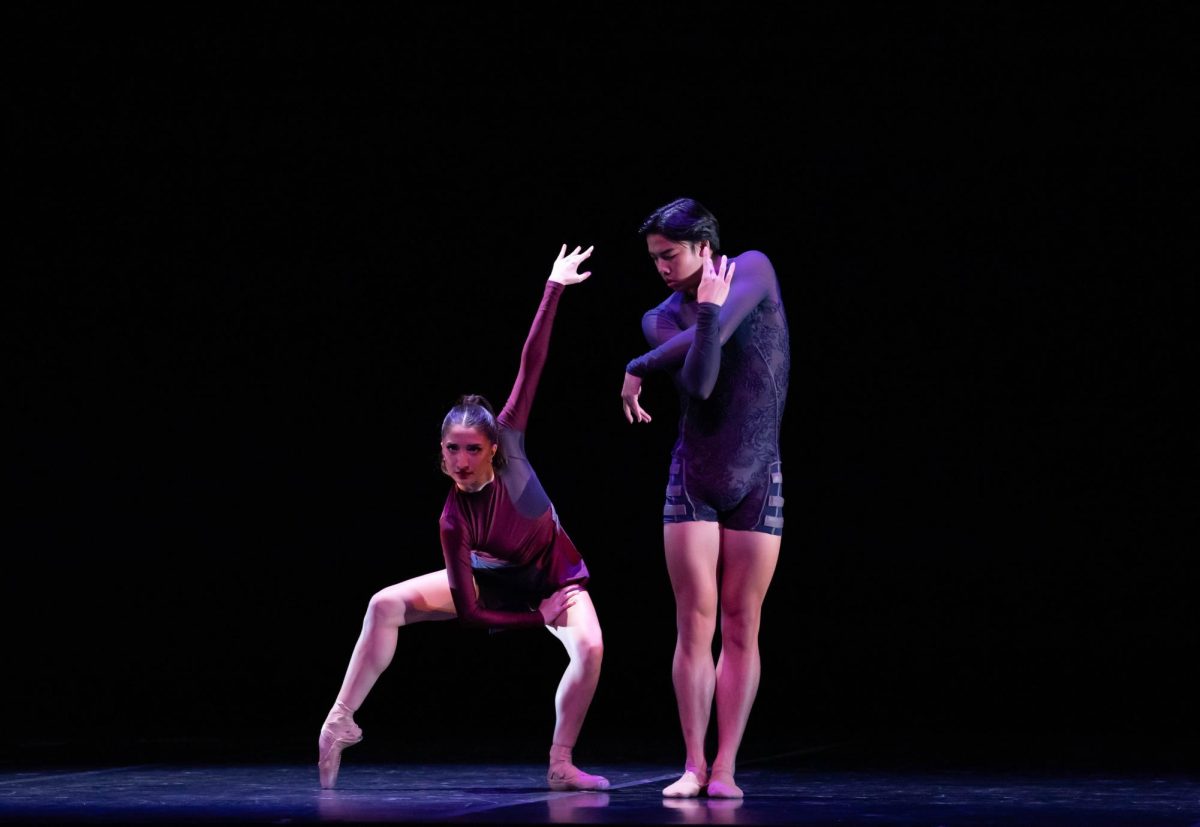Amid remnants of the Cuban revolution, history professor Jonathan Brown climbed the island’s Sierra Maestra, 10 kilometers off the beaten path of Fidel Castro, Che Guevara and Raul Castro, the soles of his shoes flapping. He walked behind communist tour guide Manolo toward a military-protected, high-security guerilla headquarters.
This was just one of the many adventures Brown embarked upon while researching the revolutionary war in Cuba and its worldwide impact for his recent book, “Cuba’s Revolutionary World.” After more than a decade of research, the release of Brown’s book in April finally allowed him to present his research and reflections to his colleagues at UT.
The 13-year road to Brown’s finished project began with one student’s inquiry at the University of British Columbia, where Brown was teaching at the time.
“They said, ‘Why don’t we have any good books?’” Brown said. “I said the last good book we had for this class went out of print. And the young student said, ‘Why don’t you write one?’”
Brown said he began his research with the Benson Latin American Collection and the LBJ Presidential Library, which he used to gather information for the first few chapters of his book.
“I discovered the CIA was funding, but not directing, a group of Cuban exiles who became commandos of the Caribbean,” Brown said. “They were given tons of money in order to buy military equipment and guns.”
He continued his research with the Nixon, Kennedy and Eisenhower presidential libraries and eventually traveled to Cuba on multiple occasions to research documents there. Brown said he liked visiting the places he was writing about and conducting field research.
“I felt adventurous,” Brown said. “Cuba is so different from the rest of Latin America. Havana, for example: (Its) cityscape has not changed since 1959.”
Brown’s wife, Lynore, traveled with him on most of his research, making stops with him in libraries across the globe, from Europe to Cuba. She said the most interesting part of the experience was the opportunity to hold pieces of history once written by world leaders and attempt to understand their thought process.
“We were very fortunate, because we went to Trinidad and we were the first Americans since Castro (took power) to ever go into this library in Trinidad,” Lynore Brown said. “They were so good to us, and we found all kinds of information.”
Over the course of a decade and a half, Lynore and Jonathan Brown gathered information as he wrote each chapter. Lynore Brown said they experienced life in Cuba as locals and were welcomed with open arms by the population.
“We had the best food when we were invited to people’s homes, and reason is, they went and bought shrimp or chicken on the black market,” Lynore Brown said. “Sometimes, it was their whole monthly salary.”
When he finished collecting his research, Jonathan Brown said he had enough information for two books, one on South America and one on Cuba. But his editor at Harvard University Press advised that it would be best to combine his work into one book.
Ethnomusicology professor Robin Moore said it is important to have a book like this in the classroom today to show students perspectives on U.S. and Cuba relations that might reveal more than they would otherwise learn from U.S. media and government.
“It is important to think about that moment of revolution, (which) provides a window into different kinds of attitudes and experiences that provide a unique perspective on the United States and what it was doing,” Moore said.















